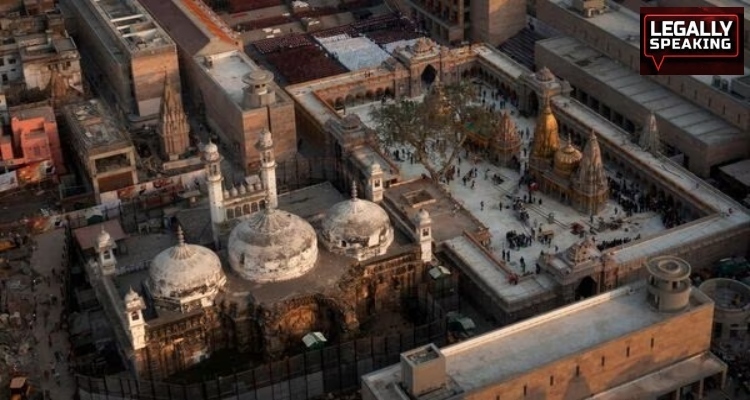
A few days subsequent to the district court’s decision permitting a priest to conduct prayers in a cellar of the Gyanvapi mosque, a petitioner filed a plea on Monday, seeking an Archaeological Survey of India (ASI) survey for all other closed basements within the complex. The Varanasi district court is scheduled to hear the petition on Tuesday.
The petitioner, Rakhi Singh, is a founding member of the Vishwa Vedic Sanatan Sangh and is one of the parties involved in the Maa Shringar Gauri case, which prompted the ASI’s survey of the complex. In the petition, she has requested the ASI to conduct a survey of all closed cellars in the Gyanvapi mosque complex, situated adjacent to the Kashi Vishwanath temple, as stated by her advocate, Anupam Dwivedi.
The petition includes a map of the sealed basements and asserts the existence of “secret cellars” within them, emphasizing the necessity to survey them to reveal the “entire truth” about the Gyanvapi mosque.
Previously, responding to a petition by five female devotees, the court directed the ASI to conduct a survey of the Gyanvapi mosque complex, excluding the “wazukhana” utilized for ritual ablutions before namaz.
Last week, the southern cellar of the Gyanvapi mosque was opened, and a priest conducted prayers. The court, in response to a petition by Shailendra Kumar Pathak, allowed regular prayers in the cellar, asserting that his maternal grandfather, priest Somnath Vyas, had performed prayers there until December 1993. Pathak’s counsel noted that access to the cellar was restricted for the priest during Mulayam Singh Yadav’s tenure as Uttar Pradesh chief minister.
The nominated priest by the Kashi Vishwanath temple trust is currently performing prayers in the cellar, and devotees have begun passing through the opening in the barricade, established following the court order, to catch a glimpse of the cellar. Hindu litigants argue that a temple was demolished during Aurangzeb’s rule to construct the Gyanvapi mosque, a claim supported by the recent ASI survey.




